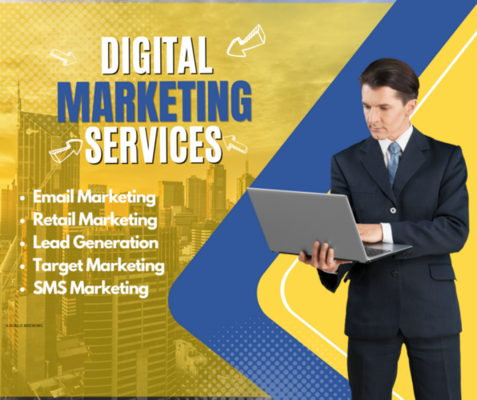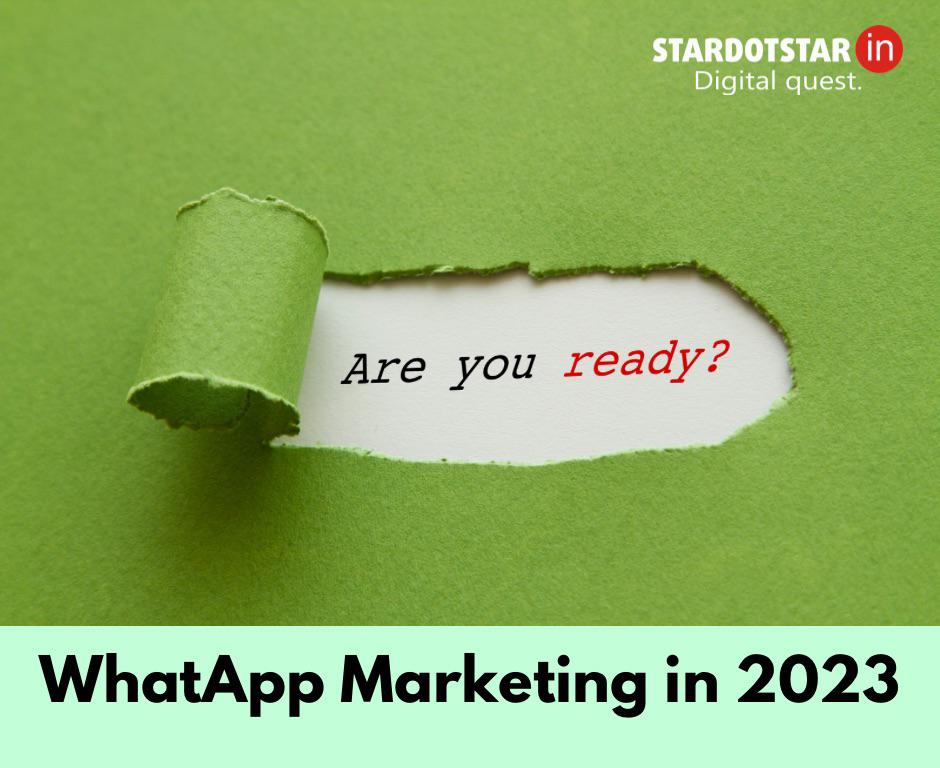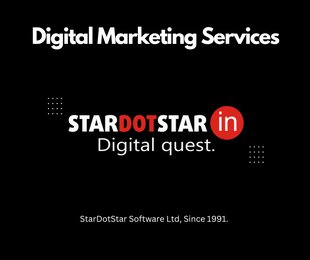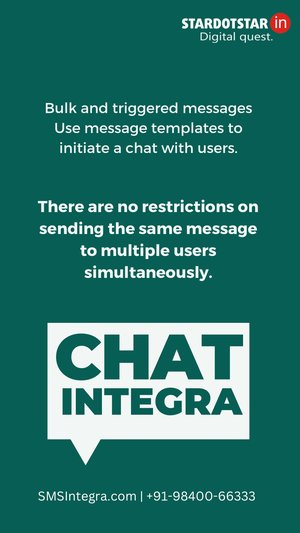Email Marketing Retail Marketing Lead Generation Target Marketing SMS Marketing

- Email Marketing
- Retail Marketing
- Lead Generation
- Target Marketing
- SMS Marketing
Email Marketing:
Email marketing is a form of digital marketing that involves sending promotional or informational messages to a group of people via email. This can be a highly effective way for businesses to reach their target audience and promote their products or services, as well as to nurture leads and keep current customers engaged.
One of the main advantages of email marketing is its cost-effectiveness. It is much cheaper to send an email to a large group of people than it is to send direct mail or run a television ad. Additionally, email marketing allows businesses to track and measure the success of their campaigns, making it easy to see how well their messages are resonating with their audience and to make adjustments as needed.
There are several strategies that businesses can use to make their email marketing efforts more effective. One strategy is to segment their email list, so that they can send targeted messages to different groups of people based on their interests or needs. Another strategy is to use personalization to make their emails more relevant and engaging to each recipient. This could involve using the recipient's name in the subject line or body of the email, or tailoring the content of the email to their specific interests or needs.
Retail Marketing:
Retail marketing is the process of promoting and selling products or services to customers through a retail channel, such as a store or online marketplace. Retail marketing strategies are designed to attract customers, increase sales, and build brand loyalty.
One of the key components of retail marketing is merchandising, which involves the presentation of products in a way that is appealing and easy for customers to shop. This can include things like product placement, display design, and in-store promotions. Retail marketers also use various tactics to drive traffic to their stores, such as advertising, social media marketing, and email marketing.
Another important aspect of retail marketing is customer service. By providing excellent customer service, retailers can build brand loyalty and encourage customers to return to their store in the future. This can include things like offering personalized recommendations, providing knowledgeable and helpful staff, and offering easy returns or exchanges.
Lead Generation:
Lead generation is the process of attracting and converting potential customers into leads, or people who have expressed an interest in a company's products or services. Lead generation can be done through a variety of channels, such as social media, email marketing, content marketing, and pay-per-click advertising.
The goal of lead generation is to capture the contact information of potential customers and to nurture those leads until they are ready to make a purchase. This often involves sending targeted email campaigns or providing valuable content that helps to educate and persuade potential customers.
Effective lead generation requires a thorough understanding of the target audience and what motivates them to make a purchase. It also requires a clear call to action and a smooth conversion process that makes it easy for leads to take the next step.
Target Marketing:
Target marketing is the process of identifying and targeting specific groups of consumers who are most likely to be interested in a company's products or services. This involves segmenting the market and developing targeted marketing campaigns that are tailored to the specific needs and interests of these groups.
There are several different approaches to target marketing, including demographic targeting, behavioral targeting, and geographic targeting. Demographic targeting involves targeting consumers based on characteristics such as age, gender, income, and education level. Behavioral targeting involves targeting consumers based on their past behavior, such as their online search history or their purchasing habits. Geographic targeting involves targeting consumers based on their location or region.
Effective target marketing requires a deep understanding of the target audience and what motivates them to make a purchase. It also requires a clear value proposition and a strong call to action that speaks to the specific needs and interests of the target audience. By focusing their marketing efforts on specific, well-defined groups of consumers, businesses can create more effective and efficient campaigns and achieve better results.
SMS Marketing:
SMS marketing, also known as text message marketing, is a form of digital marketing that involves sending promotional or informational text messages to a group of people. This can be a highly effective way for businesses to reach their target audience, as most people carry their phone with them at all times and are more likely to read a text message than an email or other form of communication.
One of the main advantages of SMS marketing is its high open and conversion rates. Text messages have an open rate of around 98%, and a conversion rate of around 45%, making them a highly effective way for businesses to reach their audience. Additionally, SMS marketing allows businesses to track and measure the success of their campaigns, making it easy to see how well their messages are resonating with their audience and to make adjustments as needed.
There are several strategies that businesses can use to make their SMS marketing efforts more effective. One strategy is to segment their SMS list, so that they can send targeted messages to different groups of people based on their interests or needs. Another strategy is to use personalization to make their texts more relevant and engaging to each recipient. This could involve using the recipient's name in the message or tailoring the content of the message to their specific interests or needs.
It is important to note that there are legal requirements and best practices to follow when it comes to SMS marketing, including obtaining consent from recipients before sending them messages and providing an opt-out option for those who no longer wish to receive texts. By following these guidelines, businesses can ensure that their SMS marketing efforts are both effective and respectful of their audience's preferences.


































